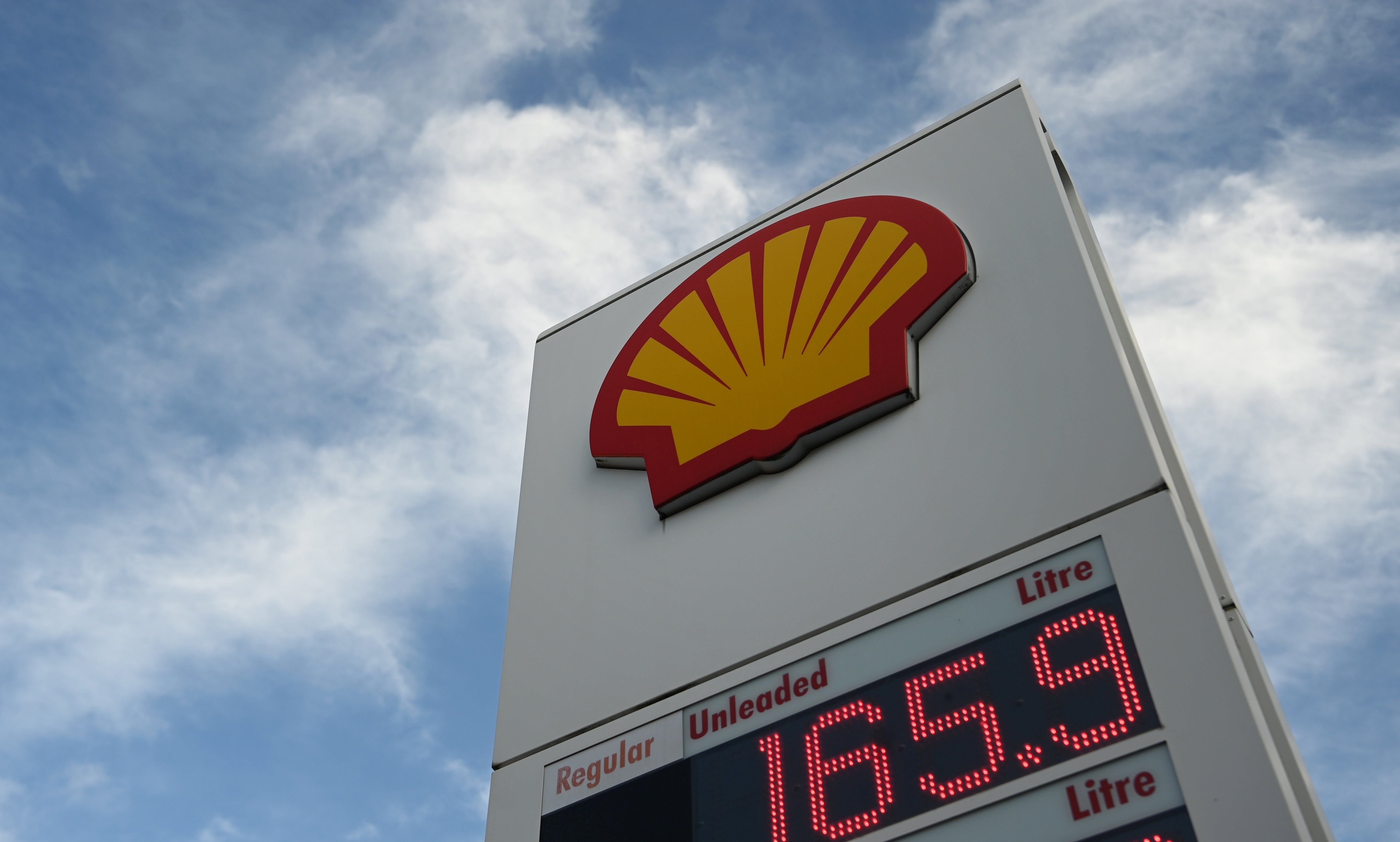Why windfall taxes are an easy political choice
The real economics of the energy market are complex, but taxing profit-making firms is easier to understand, as Sean O’Grady explains

The annual cost of the energy price guarantee is estimated to be somewhere between £60bn and £100bn. Even if the scheme is better targeted next year, the cost will probably still be greater than the entire UK defence budget or the total tax take from petrol and diesel fuel duty. It’s rather like inventing an entirely new medium-sized government department, but one with a budget based entirely on the global price of gas, Vladimir Putin’s taste for war, and the political pressures exerted on MPs by desperate households and businesses.
So it’s understandable that both the government and the opposition – who agree that an emergency scheme is needed – should be tempted by ever higher windfall taxes on energy giants. It was originally a Liberal Democrat idea, but was adopted by Labour and later partially introduced by Rishi Sunak while he was chancellor in Boris Johnson’s government. It was implemented in May. Since then, Liz Truss has ruled out any extensions to it; but now Mr Sunak is in charge, so it’s on the table again.
Yet none of the canvassed extra windfall taxes would contribute that much to the annual cost of the subsidy, or even to the assumed lower expense in 2023-24 or beyond. Labour’s proposed expansion would bring in an extra £8bn or so; its energy profits levy would be an additional 25 per cent tax on UK oil and gas profits on top of the existing special 40 per cent headline rate of tax applicable to the sector, taking the combined rate of tax on profits to 65 per cent.
Subscribe to Independent Premium to bookmark this article
Want to bookmark your favourite articles and stories to read or reference later? Start your Independent Premium subscription today.
Join our commenting forum
Join thought-provoking conversations, follow other Independent readers and see their replies